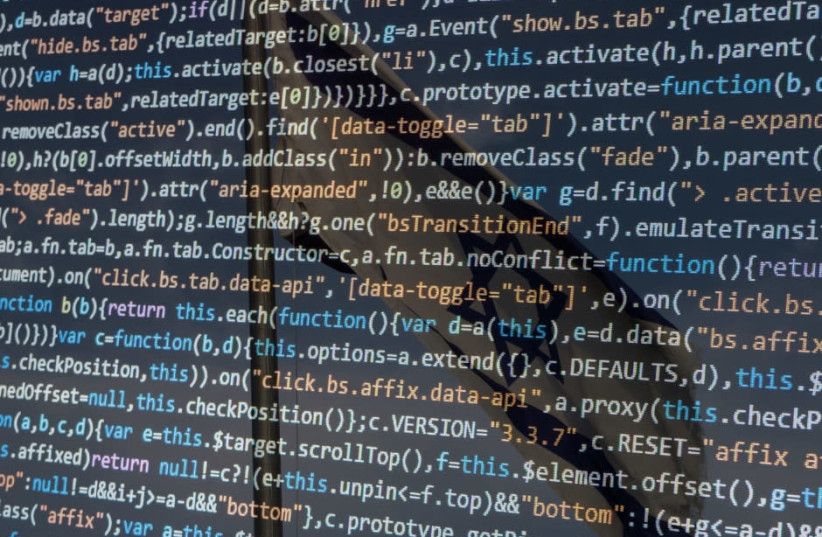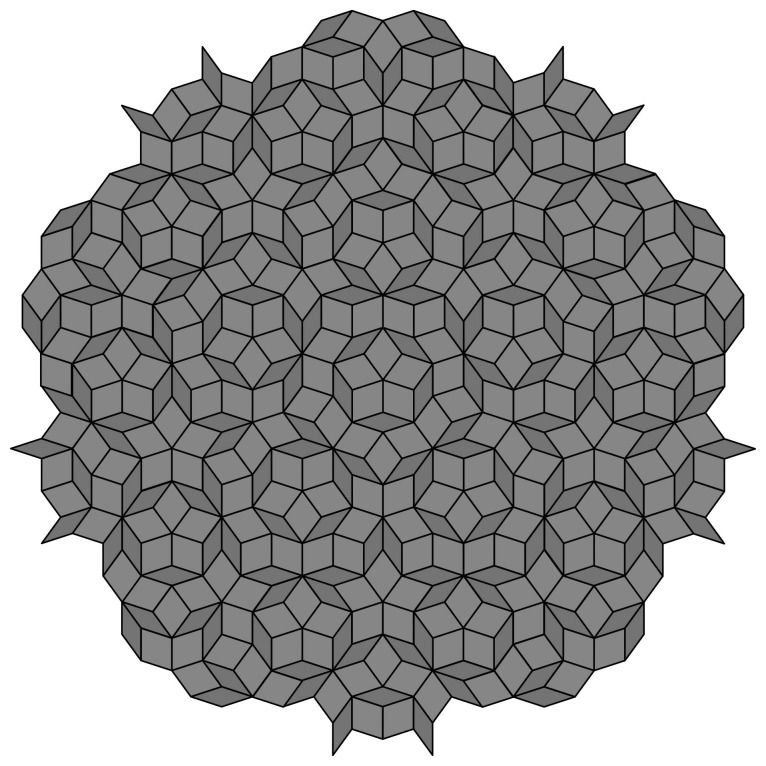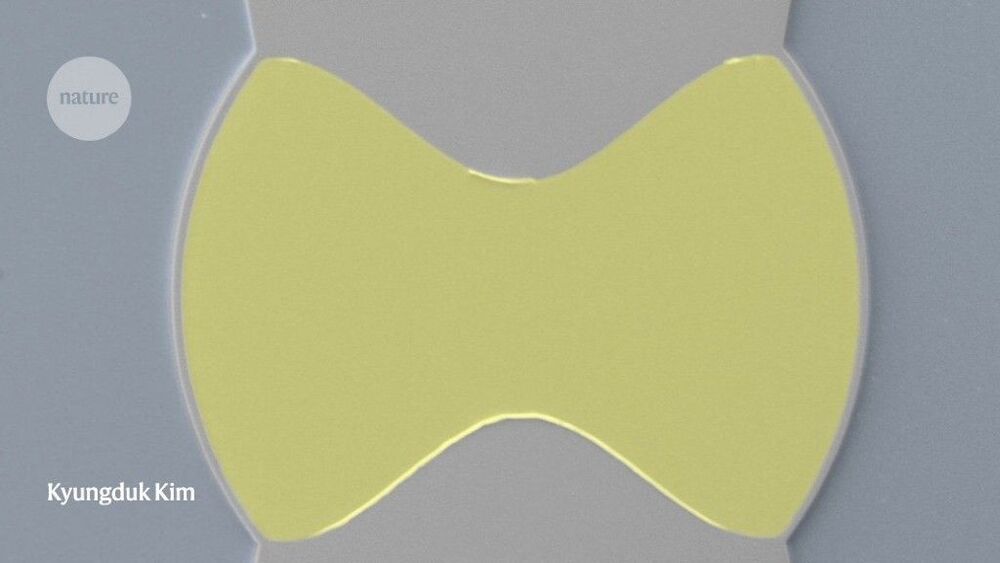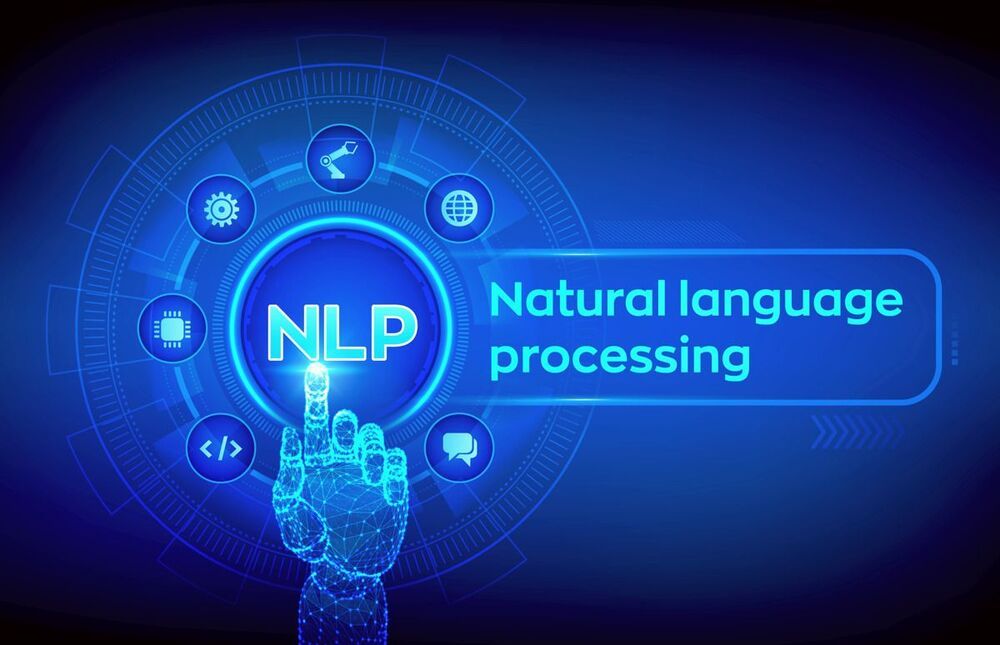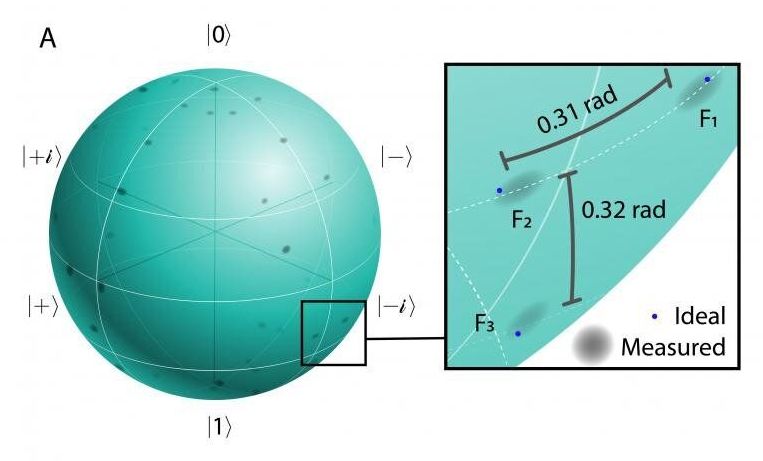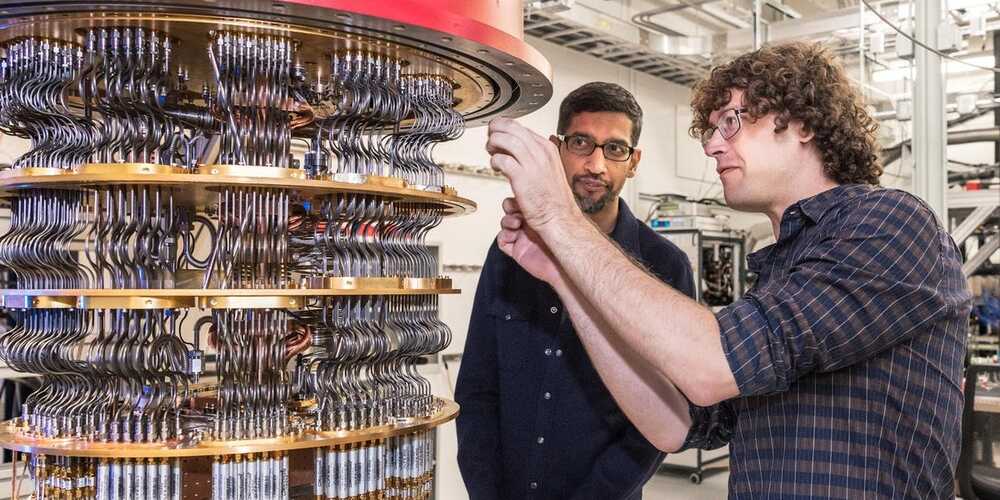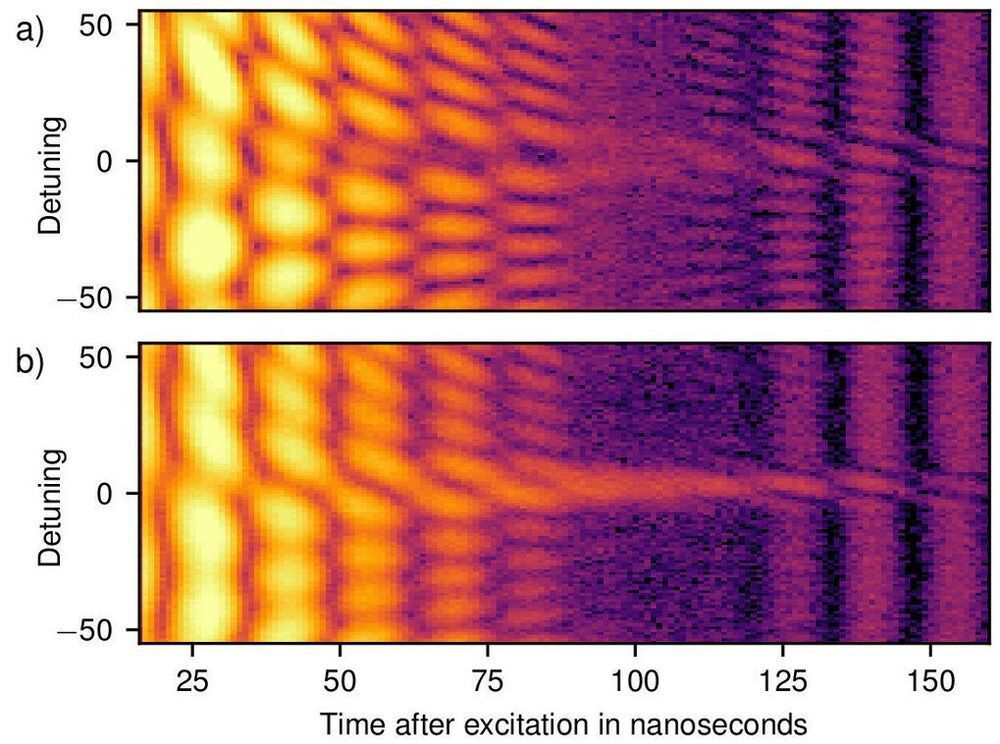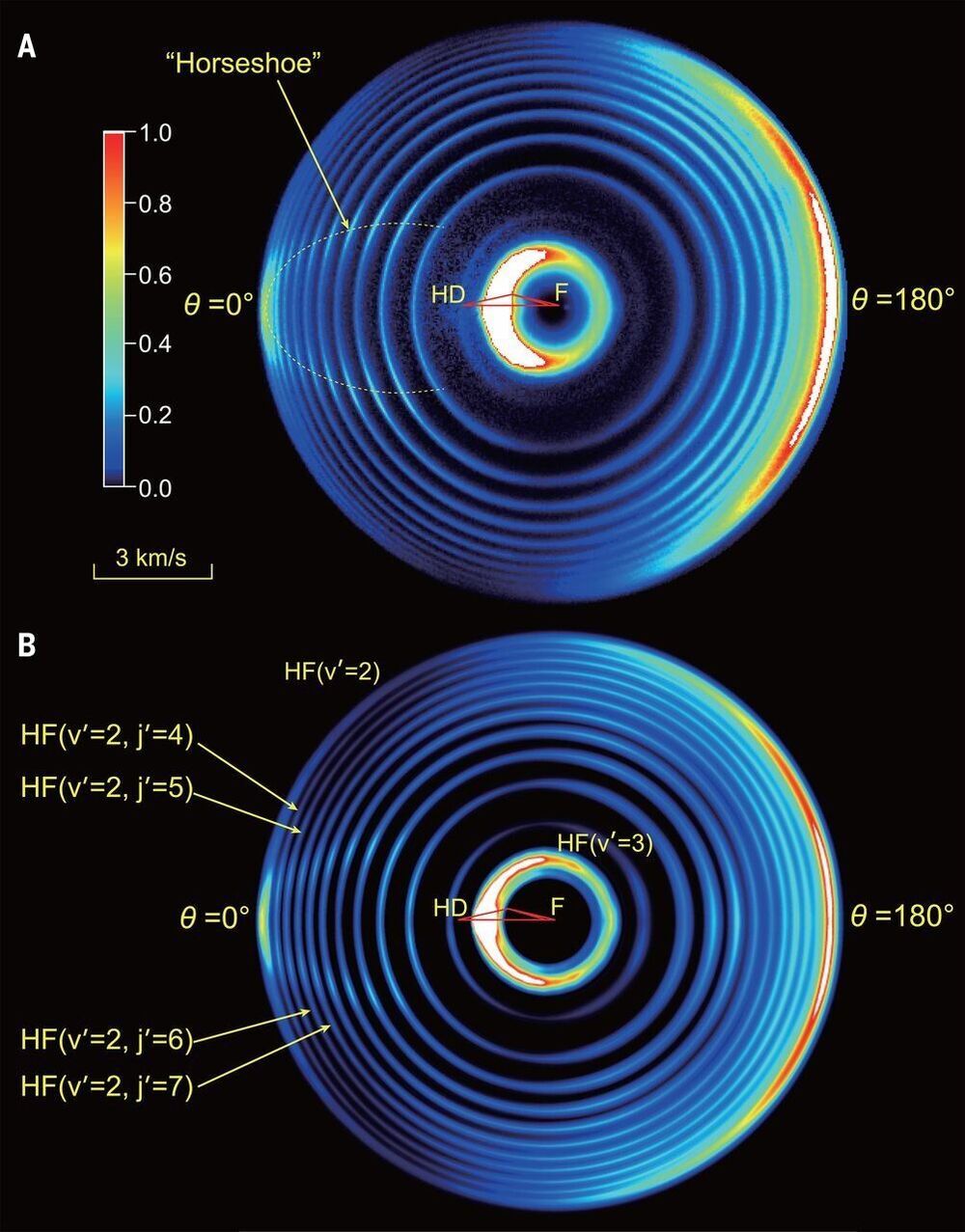
A team of researchers from the University of Science and Technology of China, the Chinese Academy of Sciences and the Southern University of Science and Technology, has discovered a thought-provoking pattern in cross-sections observed in an F + HD → HF + D reaction. In their paper published in the journal Science, the group describes their double-pronged approach to learning more about the role of relativistic spin-orbit interactions in chemical reactions. T. Peter Rakitzis, with the University of Crete, and IESL-FORTH, has published a Perspectives piece in the same journal issue outlining the difficulty of studying chemical reactions at the quantum level and the work done by the team in China.
